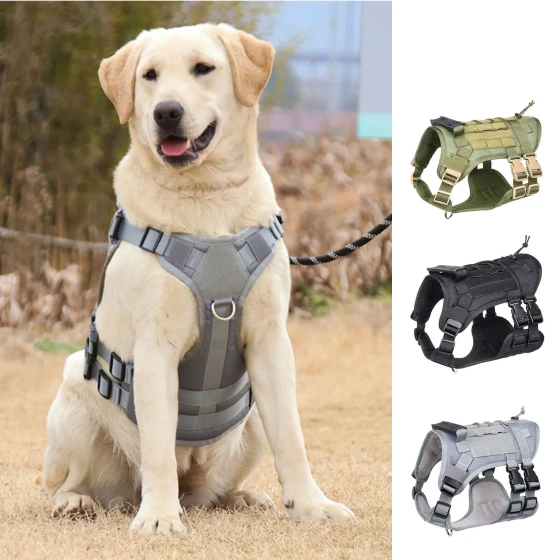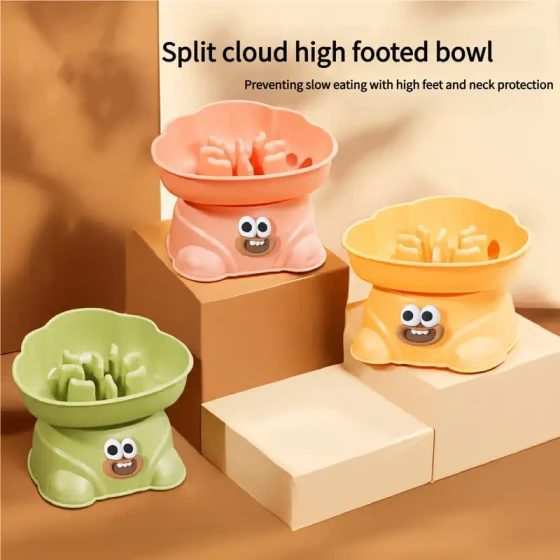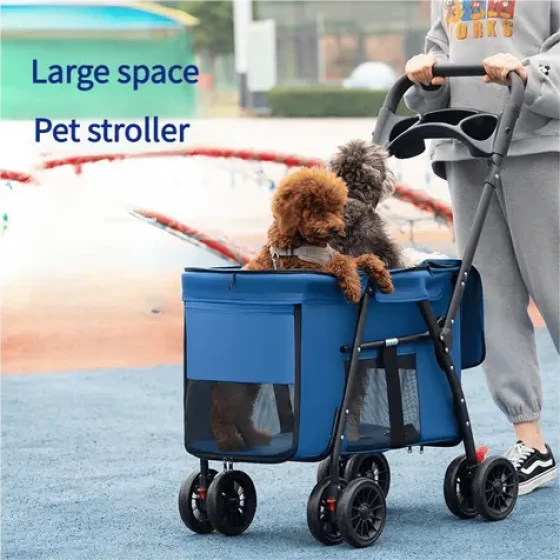Adult Labrador Feeding Methods, The Important Thing Is to Grasp These Aspects
The lifespan of dogs is very short. Adult Labradors typically go through an eighteen-month juvenile period, so the arrival of adulthood is relatively fast. After training, adult Labradors develop certain eating routines and food intake. How to feed an adult Labrador?

The feeding of adult Labradors is more stable, with feeding times two to three times a day. At this time, it is necessary to provide enough food for the Labrador and feed on time. There is no need to frequently change the food; feeding the same dog food regularly can cultivate a habit of not being picky, and nutrition will be better. Avoid feeding food that the Labrador should not eat or should not eat too much. Give the Labrador plenty of water to ensure adequate water intake.

The temperature of the food also has requirements. Nowadays, most people choose to feed dogs with dog food, which may be more comprehensive and rich in nutrition. When feeding Labradors, pay attention that the dog food temperature is neither too high nor too cold, especially in winter. The dog food should be warmed up when prepared. Food that is too cold or too hot can affect the Labrador's stomach and may cause diarrhea. The temperature of the food affects the Labrador's appetite and can also cause some damage to the teeth, impacting the Labrador's health.

Labradors should not just eat without exercising. After feeding and resting for a period, they need a certain amount of exercise. Do not let your Labrador become overweight, as obesity harms the dog's health. Owners can formulate and implement a certain exercise plan for the Labrador. It is best to regularly carry out some recreational activities to stimulate the Labrador's nature. Adult Labradors are at their most energetic stage. More exercise can promote the Labrador's intestinal digestion ability and help stimulate their appetite.
Do not casually change the Labrador's eating habits. Disrupting some physical routines of adult Labradors can lead to some health problems. For relatively fixed feeding methods, improvements can be made but do not completely change them, because adult dogs need a longer period to adapt. Constantly breaking this state is not good.





